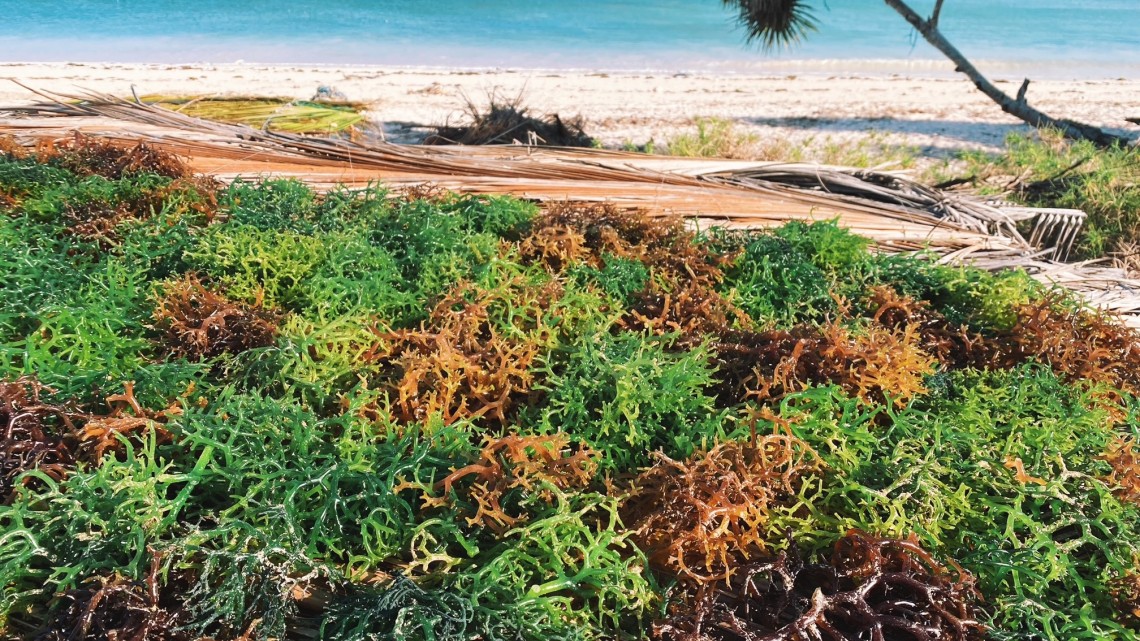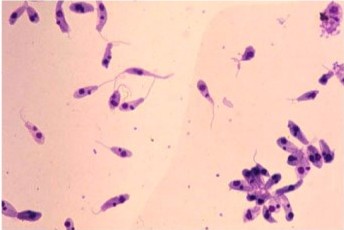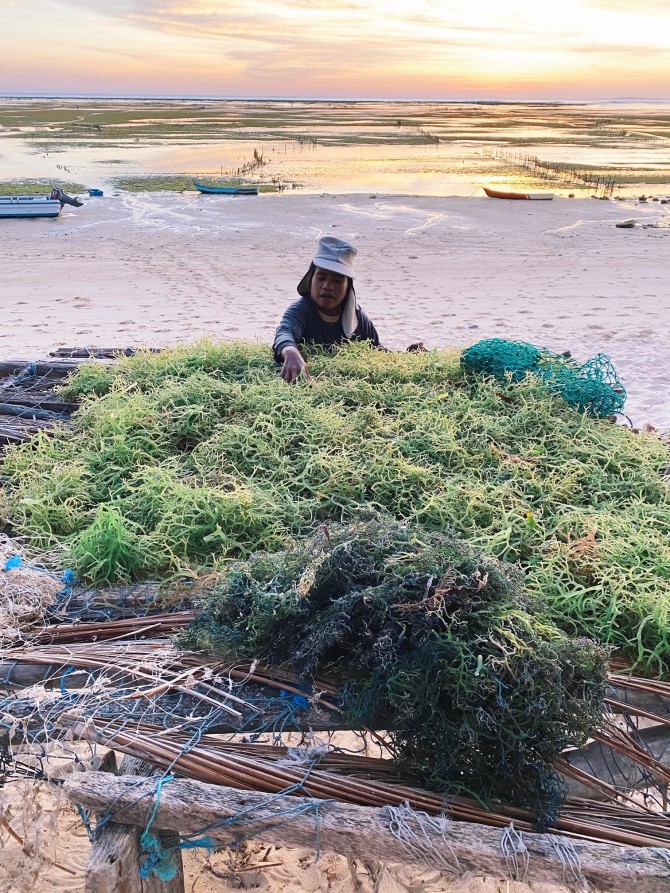
A project led by Jenny Goldstein (CALS) will study the ways that seaweed can contribute to climate change mitigation in Indonesia and the world. Goldstein will partner with faculty at the National University of Singapore.
News directly from Cornell's colleges and centers
Cornell faculty embrace international collaborations
By
New seed grants from Global Cornell are deepening relationships between Cornell and its Global Hubs partners across the world. Global Cornell awarded $200,000 to 44 teams for emerging research projects that include a Cornell faculty member and faculty from one or more of eight Cornell Global Hubs. With matching funds from the partner universities, the research funding totals $400,000.
New this academic year, the Global Hubs network builds multidirectional relationships that increase the impact and reach of international research, community engagement and teaching worldwide. Faculty, students and alumni benefit from a range of ways to connect, work together and exchange ideas for more effective solutions to challenges that affect us all.
Faculty from every college and Weill Cornell Medicine applied for this round of seed grants to explore and develop research and education partnerships across disciplines – ranging from natural history and biology to public health and climate change to astronomy and engineering.
A collaboration between Caroline Yancey, associate professor of public and ecosystem health in the College of Veterinary Medicine, and Gulnara Patricia Borja-Cabrera at the Universidad San Francisco de Quito’s (USFQ) school of medicine will study the timely topic of public health interventions.
“This study will assess community knowledge and practices related to cutaneous leishmaniasis (CL) in Pichincha province, Ecuador,” they wrote in their proposal. “Urbanization, deforestation and climate change impact CL disease distribution, and our study results will inform public health CL disease prevention programs in Ecuador.”
Their project marks the first collaboration between USFQ’s medical school and Cornell’s Department of Public and Ecosystem Health and will provide hands-on research experience to public health students at both institutions.
Lily Chi, associate professor of architecture in the College of Architecture, Art and Planning, and Chris Smith from the University of Sydney’s school of architecture, design and planning will study the health of cities.
“Cities now house over half the world’s population, and the health of cities has never been more precarious,” they wrote in their proposal. “This project will cultivate new knowledge about how a minimally disruptive urbanism might better support complex and diverse cities and their ever-growing populations.”
Jenny Goldstein, assistant professor of global development in the College of Agriculture and Life Sciences (CALS), is partnering with geographer David Taylor at the National University of Singapore (NUS). Through meetings of collaborators in Singapore and fieldwork in Indonesia, they will study seaweed’s ability to mitigate climate change through the lens of social sciences scholarship.
“This is a fantastic opportunity for me and others at Cornell to engage with scholars in one of the best geography departments in the world on issues of climate governance in Southeast Asia,” said Goldstein.
“NUS’s connections throughout the region are invaluable for doing novel, collaborative and truly interdisciplinary fieldwork. I’m thrilled to have this year to foster this long-term relationship that also supports Cornell’s strong tradition of research by students and faculty in Southeast Asia.”
Their research will ultimately assess whether algae-based biofuel can be a significant part of Indonesia’s renewable energy transition and whether it is a source of renewable energy globally.
The relationships growing from these exploratory grants expand beyond bilateral connections between faculty, building bridges across the entire network. Several seed grant awards connect researchers at multiple universities and create the infrastructure for long-term collaborations that extend beyond the 2023 calendar year.
A transatlantic geothermal energy research collaboration called “GEOHUB” builds linkages between Cornell, the University of Edinburgh and King’s College London (KCL). The project is led by Katherine McComas, Cornell’s vice provost for engagement and land-grant affairs and professor of communication, Ragnar Lofstedt from KCL’s School of Global Affairs and Darrick Evensen from Edinburgh’s Department of Politics and International Relations.
GEOHUB will conduct a cross-national comparative survey to better understand public perceptions of deep geothermal energy and organize multiple workshops in the UK that grow its European network. The culmination of their work this year will be the submission of a joint international grant application to help guarantee the durability of the collaboration.
“Hubs are about building a network of meaningful, long-lasting partnerships,” said Wendy Wolford, vice provost of international affairs. “Faculty want to partner with the best scholars and practitioners in their field, and many of the best academics are in universities around the world. If we recognize that, then we need to be collaborating globally.”
View the full list of awards on Global Cornell’s website.
Megan DeMint is a communications specialist for Global Cornell.
Media Contact
Get Cornell news delivered right to your inbox.
Subscribe


